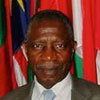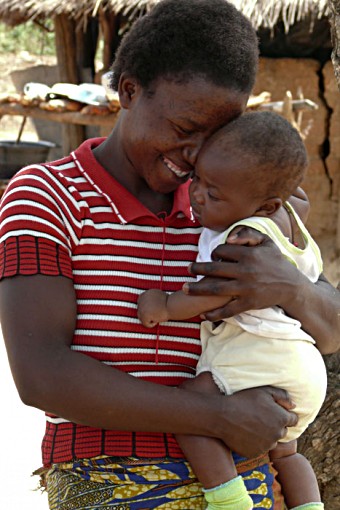
2012

Women in poor countries are at risk of many deadly diseases – such as HIV, malaria and TB - in part because there are no vaccines available yet to protect them. But there is a vaccine that can prevent the most deadly form of cancer.
Cervical cancer is the number one cancer-killer of women in my country, Liberia.
Cervical cancer is overwhelmingly a problem of the developing world. Almost 90% of the 275,000 women who die from it every year live in developing countries. These numbers are growing, and if the problem isn’t tackled right now, by 2030 cervical cancer could kill 430,000 women every year.
Yet though women in the world’s poorest nations are at the highest risk of the disease, they have no defence. Unlike in the West, women here often don’t have access to screening and treatment. And what people might not realise is that though the virus is spread through sexual contact, using condoms doesn’t necessarily protect against it. This is why the vaccines are so important to us – to protect girls before they are infected with the virus.
Those vaccines are available to girls and young women in the developed world. Yet, they are not available yet in my country. The high price of HPV vaccines has kept it out of reach of poor women. But thanks to GAVI, vaccine prices for developing countries are falling.
I am delighted that the GAVI Alliance is supporting HPV vaccines in developing nations. A staggering 28 million girls and young women will be immunised by 2020. With these vaccines, the GAVI Alliance is opening the door for women in developing countries to enjoy equal access to these life-saving vaccines as our sisters in rich countries.
We are happy that GAVI has answered our call for HPV vaccines. Now, we must get ready to show we can deliver them. The World Health Organisation recommends giving the vaccine to girls aged between 9 and 13; with three doses within six months. This means coordination between schools and health clinics and the girls’ families – so each country will have to work out how to best reach the girls.
The importance of this vaccine cannot be overestimated. Like many African countries, Liberia’s economy has gone through enormous difficulties, but we are rebuilding our country and making progress in improving healthcare. We need this vaccine. The health of our economy depends entirely on the health of our people. When you save women and girls, you save the very fabric of society.
